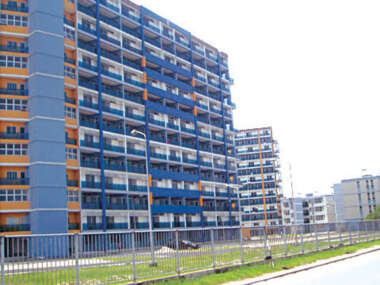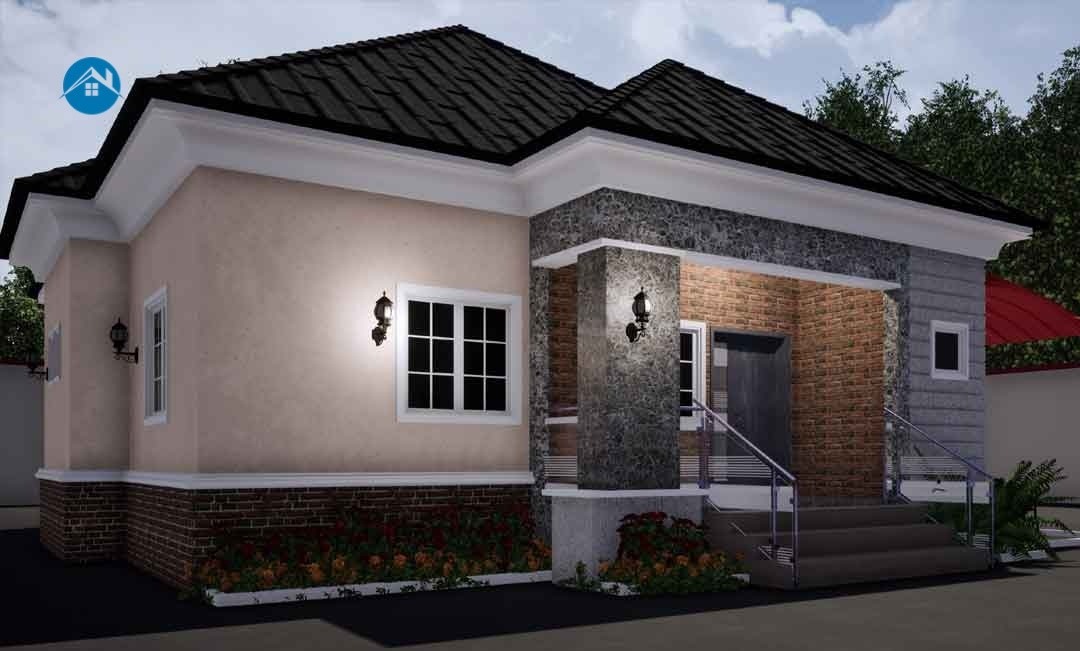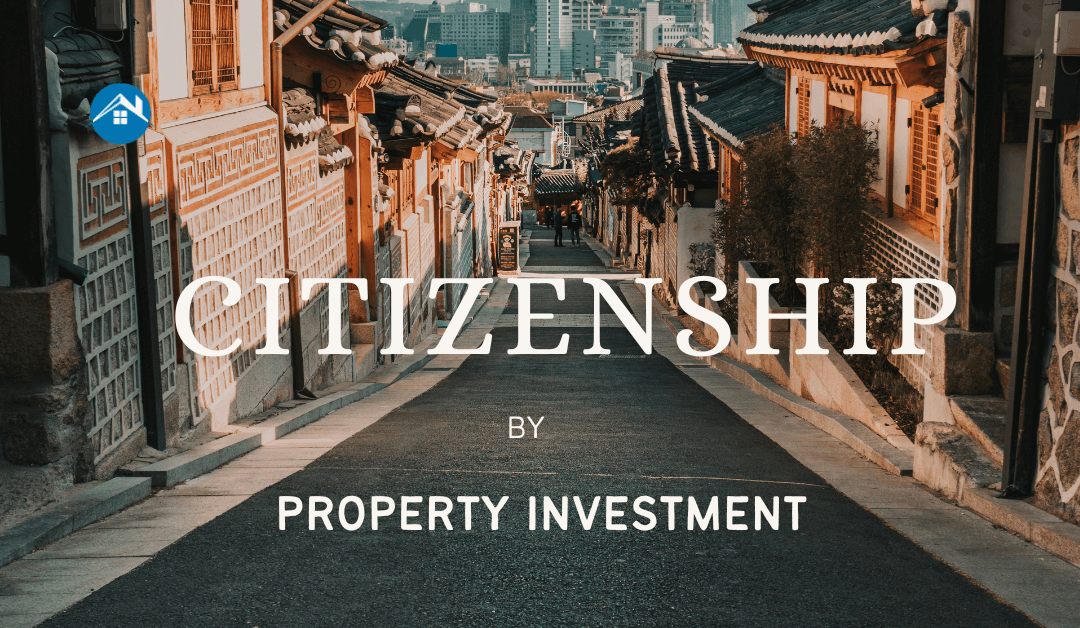Owning a home is a universal dream, a cornerstone of stability, and a symbol of success for many. In Nigeria, this dream is increasingly becoming a reality, thanks to the thriving mortgage banking sector. Mortgage banks in Nigeria have been instrumental in facilitating homeownership through mortgage loans, offering avenues for individuals and families to purchase property and secure their futures. Let’s delve into the world of mortgage banking in Nigeria, exploring its growth, impact, and the legal framework that supports it.
Mortgage in Nigeria: Fueling the Dream of Homeownership
The concept of mortgage, although not new, has gained significant traction in Nigeria in recent years. A mortgage provides individuals with the financial means to purchase real estate by securing a loan using the property itself as collateral. This allows homeowners to spread the cost of homeownership over an extended period, making it more affordable and accessible.
Mortgage Banks: The Key Players
Primary Mortgage Banks (PMBs) are the primary facilitators of mortgage financing in Nigeria. These institutions specialize in providing mortgage loans to individuals and businesses, enabling them to acquire residential or commercial properties. The list of Primary Mortgage Banks in Nigeria is extensive, showcasing the growing diversity and competition within the sector.
Among the prominent players in the Nigerian mortgage banking landscape are:
| SN | Mortgage Banks | SN | Mortgage Banks |
| 1 | Abbey Mortgage Bank Plc | 23 | Kebbi State Homes S & L |
| 2 | Platinum Mortgage Bank | 24 | Mutual Alliance Savings & Loans |
| 3 | Mayfresh Mortgage Bank | 25 | Lagos Building and Invest. Co. |
| 4 | Jubilee-Life Mortgage Bank | 26 | Refuge Home S & L |
| 5 | Aso Savings & Loans Plc | 27 | Safe Trust Savings & Loans |
| 6 | Trust Bond Mortgage Bank | 28 | Delta Mortgage Finance |
| 7 | SunTrust Mortgage Bank | 29 | New Prudential Building Society |
| 8 | Infinity Trust Mortgage Bank Plc | 30 | Home-Base Mortgage |
| 9 | Haggai Mortgage Bank | 31 | Akwa Savings & Loans |
| 10 | Imperial Mortgage Bank | 32 | Gateway Savings & Loans |
| 11 | Nigeria Police Mortgage Bank | 33 | United/Spring Mortgage |
| 12 | (FOKAS Savings & Loans) | 34 | Kogi State Savings & Loans |
| 13 | Centage Savings & Loans | 35 | Jigawa Savings & Loans |
| 14 | Resort Savings & Loans | 36 | City-Code Savings & Loans |
| 15 | Skyfield Savings and Loans | 37 | Taraba State Savings & Loans |
| 16 | FHA Homes Limited | 38 | MGSL Mortgage Bank |
| 17 | FBN Mortgages Ltd | 39 | AHCOL Savings & Loans |
| 18 | STB Building Society | 40 | Coop Savings and Loans |
| 19 | Omoluabi (Living Spring) Savings & Loans | 41 | Accord Savings & Loans |
| 20 | First Generation Homes | 42 | Adamawa Savings & Loans |
| 21 | Global Trust Savings & Loans | 43 | Trans-Atlantic Mortgages Limited |
| 22 | AG Homes Savings & Loans |
Source: NDIC
Empowering Homebuyers: The Role of Mortgage Loans in Nigeria
Mortgage loans are the lifeblood of the mortgage banking industry in Nigeria. These loans empower individuals and families to purchase homes without the need for substantial upfront capital. By spreading the cost of homeownership over several years, mortgage loans make owning a home achievable for a broader segment of the population.
From first-time homebuyers to seasoned investors, mortgage loans cater to a diverse array of borrowers. Whether acquiring a modest starter home or a luxury property, mortgage banks in Nigeria offer financing options to suit various budgets and preferences.
Legal Framework: Creation of Legal Mortgage in Nigeria
The creation of a legal mortgage is a crucial aspect of the mortgage lending process in Nigeria. A legal mortgage involves the formal transfer of property rights from the borrower to the lender as security for the loan. This ensures that the lender has recourse in the event of default, safeguarding their investment and promoting responsible lending practices.
The legal framework governing mortgages in Nigeria provides clarity and protection for both lenders and borrowers. By establishing clear guidelines for property ownership, transfer, and foreclosure, it instills confidence in the mortgage banking system and encourages participation from stakeholders.
Driving Economic Growth: The Ripple Effect of Homeownership
Beyond individual aspirations, the proliferation of mortgage banks in Nigeria has far-reaching implications for the economy as a whole. Increased homeownership stimulates demand in related sectors such as construction, real estate, and home improvement, driving economic growth and creating employment opportunities.
Moreover, homeownership fosters stability and community development, empowering individuals to invest in their neighborhoods and contribute to the overall prosperity of their communities. By promoting a culture of homeownership, mortgage banks play a pivotal role in nation-building and socio-economic advancement.
Looking Ahead: The Future of Mortgage Banking in Nigeria
As Nigeria continues on its path of economic development and urbanization, the demand for housing and mortgage financing is poised to grow exponentially. Mortgage banks in Nigeria will play an increasingly vital role in meeting this demand, leveraging technology, innovation, and strategic partnerships to expand their reach and enhance their offerings.
Furthermore, ongoing efforts to streamline regulations, improve transparency, and deepen financial literacy will further bolster the mortgage banking sector, ensuring its continued relevance and resilience in the years to come.
In conclusion, mortgage banks in Nigeria are not just financial institutions; they are enablers of dreams, drivers of progress, and architects of a brighter future. As they continue to evolve and innovate, they will remain at the forefront of Nigeria’s quest for widespread homeownership and economic prosperity.






